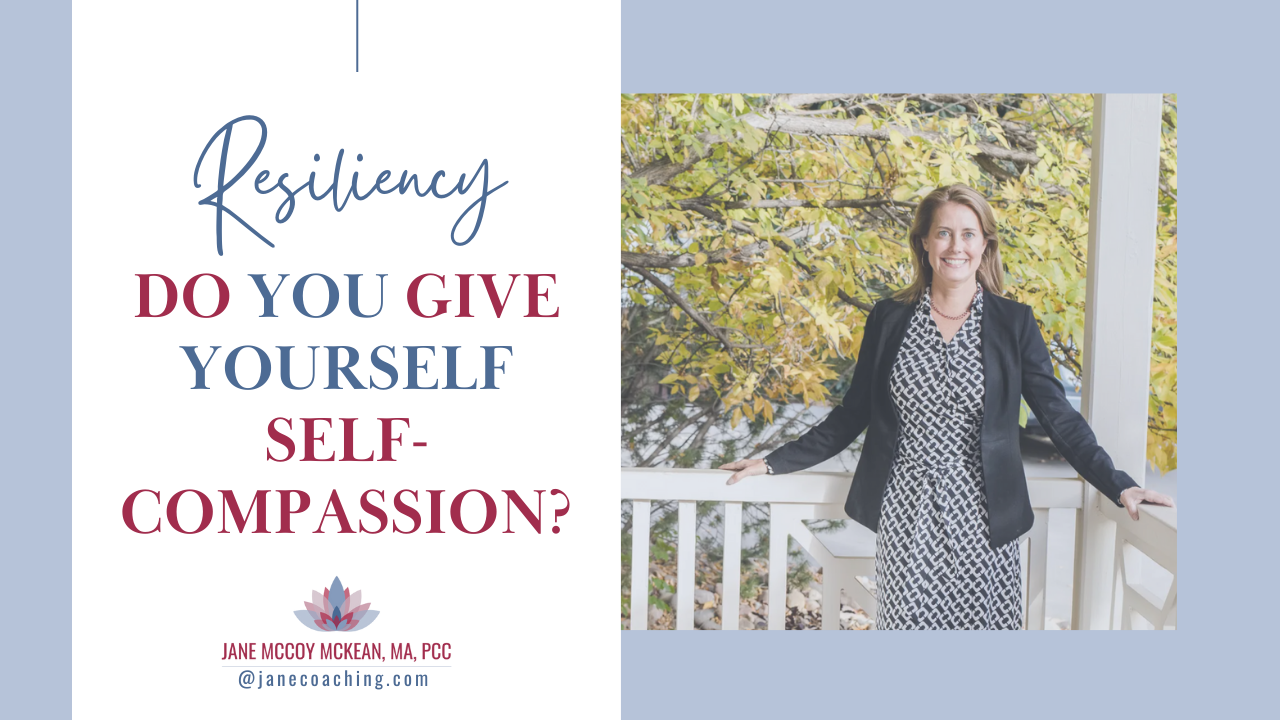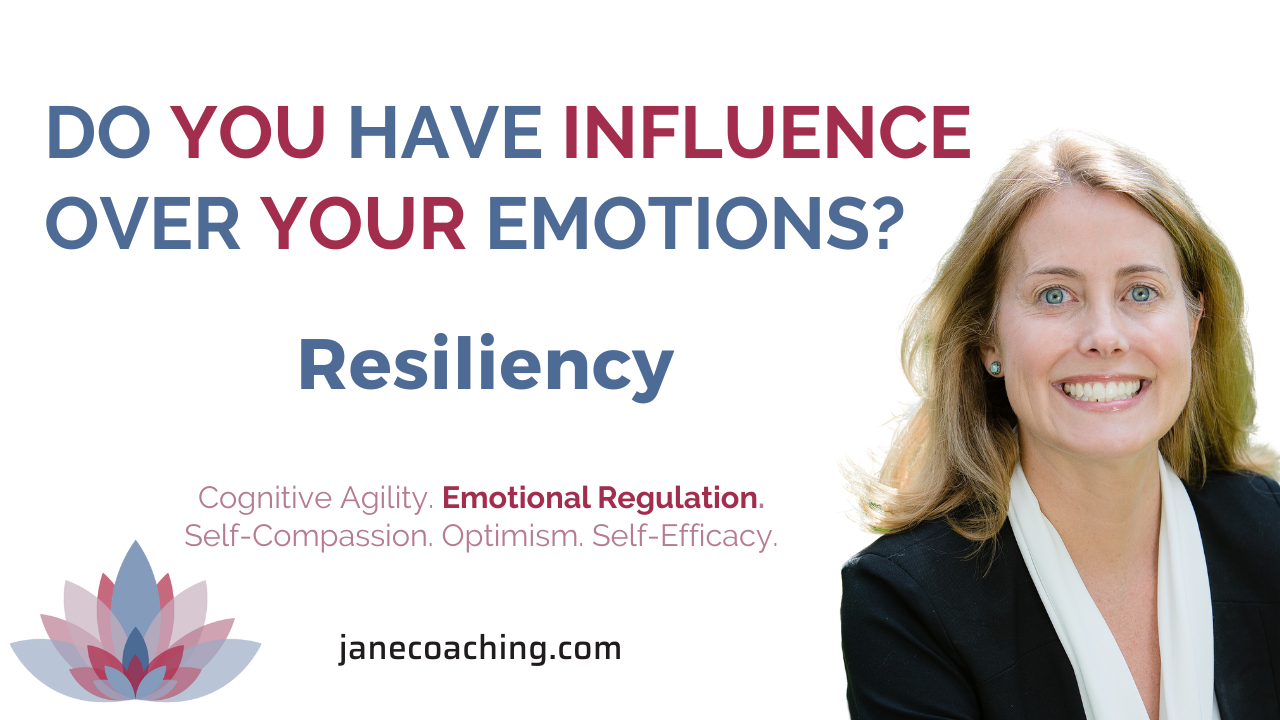Do you give yourself self-compassion?
Do you give yourself self-compassion?
Self-Compassion is the third driver of Resiliency. Please email me or send this email to a friend who would like to tap into their own self-compassion so that you can be a resilient leader!
Kristin Neff (https://self-compassion.org/the-three-elements-of-selfcompassion-2/) defines self-compassion as having compassion for oneself is no different than having compassion for others. First, to have compassion for others, you must notice that they are suffering. Second, compassion involves feeling moved by others’ suffering so that your heart responds to their pain (the word compassion literally means to “suffer with”). Having compassion also means that you offer understanding and kindness to others when they fail or make mistakes rather than judging them harshly. It means that you realize that suffering, failure, and imperfection is part of the shared human experience.
When you are suffering give yourself self-compassion. This will boost your resiliency.
Self-compassion involves acting the same way towards yourself when you are having a difficult time, fail, or notice something you don’t like about yourself. Instead of just ignoring your pain with a “stiff upper lip” mentality, you stop to tell yourself “this is really difficult right now,” how can I comfort and care for myself in this moment?
How do you give yourself self-compassion? There are many ways to practice self-compassion. Here are a few that I discuss in the video below.
To give you a work example: Remember Joanne who has had two bosses in the past year and is getting ready for her third boss? She was overwhelmed and felt like a victim. To help her move through these feelings, we worked on her self-compassion. When we met for our session, we did a brief RAIN meditation from Tara Brach. Here is Tara Brach’s flow on a self-compassion meditation:
R- recognize what you are feeling
A- allow yourself to feel these feelings
I- investigate where you feel these feelings in your body. Place a loving hand on where you are feeling these feelings.
N- nurture this area with a massage. Also, tell yourself nurturing thoughts like, “I am safe,” “I know what I am doing,” “I got this.”
See Tara Brach’s video below:
Joanne told me that this meditation helped her move through her complex feelings of having a third boss. She felt more resilient when the meditation was over so she could face and work with her third boss.
When you are feeling stuck with thoughts like, “Ugh my boss told me I had to do x, y, and z, and I still need to do a,b,c.” Take a self-compassion break and do a RAIN meditation with Tara Brach. You are not alone; we all face these overwhelming feelings, especially at work. We need to take care of ourselves with self-compassion.
To tap into self-compassion in relation to a career transition or to become a Resilient Leader, email me at janemckeanbcs@gmail.com for a 30-minute complimentary consultation.
For a self-compassion circle or retreat, please contact Donna Daniell, LCSW https://women-in-transformation. com/Donna



